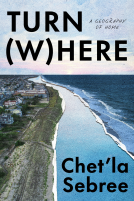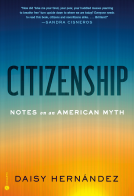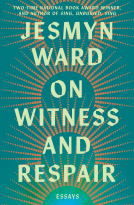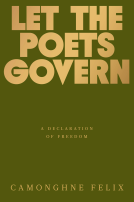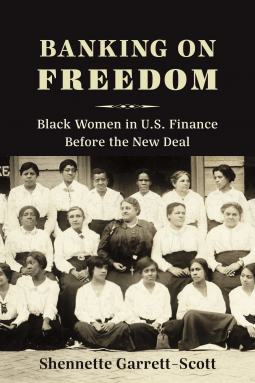
Banking on Freedom
Black Women in U.S. Finance Before the New Deal
by Shennette Garrett-Scott
This title was previously available on NetGalley and is now archived.
Send NetGalley books directly to your Kindle or Kindle app
1
To read on a Kindle or Kindle app, please add kindle@netgalley.com as an approved email address to receive files in your Amazon account. Click here for step-by-step instructions.
2
Also find your Kindle email address within your Amazon account, and enter it here.
Pub Date May 07 2019 | Archive Date Jun 16 2020
Talking about this book? Use #BankingOnFreedom #NetGalley. More hashtag tips!
Description
Banking on Freedom offers an unparalleled account of how black women carved out economic, social, and political power in contexts shaped by sexism, white supremacy, and capitalist exploitation. Garrett-Scott chronicles both the bank’s success and the challenges this success wrought, including extralegal violence and aggressive oversight from state actors who saw black economic autonomy as a threat to both democratic capitalism and the social order. The teller cage and boardroom became sites of activism and resistance as the leadership of president Maggie Lena Walker and other women board members kept the bank grounded in meeting the needs of working-class black women. The first book to center black women’s engagement with the elite sectors of banking, finance, and insurance, Banking on Freedom reveals the ways gender, race, and class shaped the meanings of wealth and risk in U.S. capitalism and society.
Advance Praise
"Recovering the important and active role black women have played in the development of modern American capitalism, Shennette Garrett-Scott’s Banking on Freedom is a paradigm-shifting work that stands to make a monumental contribution to the field and is certain to inspire future generations of scholars."
-Tiffany Gill, University of Delaware
Available Editions
| EDITION | Other Format |
| ISBN | 9780231183901 |
| PRICE | $140.00 (USD) |
Average rating from 6 members
Featured Reviews
I found myself lost in Banking on Freedom, it is a comprehensive study and documentation of African American women in banking, beginning in the 1800's.
This thought provoking read depicts the struggles; how women endured racism and sexism, overcoming barriers and becoming our neighborhoods resources for financial stability.
After reading this you are more aware of the role women played in our financial, insurance and borrowing practices. One fact I didn’t know: the story of the St. Luke Bank in Richmond,Va: the first and only bank run by black women.
Very enlightening.
 EB F, Educator
EB F, Educator
I enjoyed reading this book. I learned a lot about Maggie Walker and the Independent Order of St. Luke. I enjoyed that the book was framed in terms of the lending crisis of this decade. There are a lot of contemporary ties to the idea of banking on freedom, particular that for Maggie Walker banking was meant to be for Black women and by Black women. I highly recommend this book to anyone interested in history. This would be a great book to use in a history seminar.
Readers who liked this book also liked:
ReShonda Tate
General Fiction (Adult), Historical Fiction, Multicultural Interest
